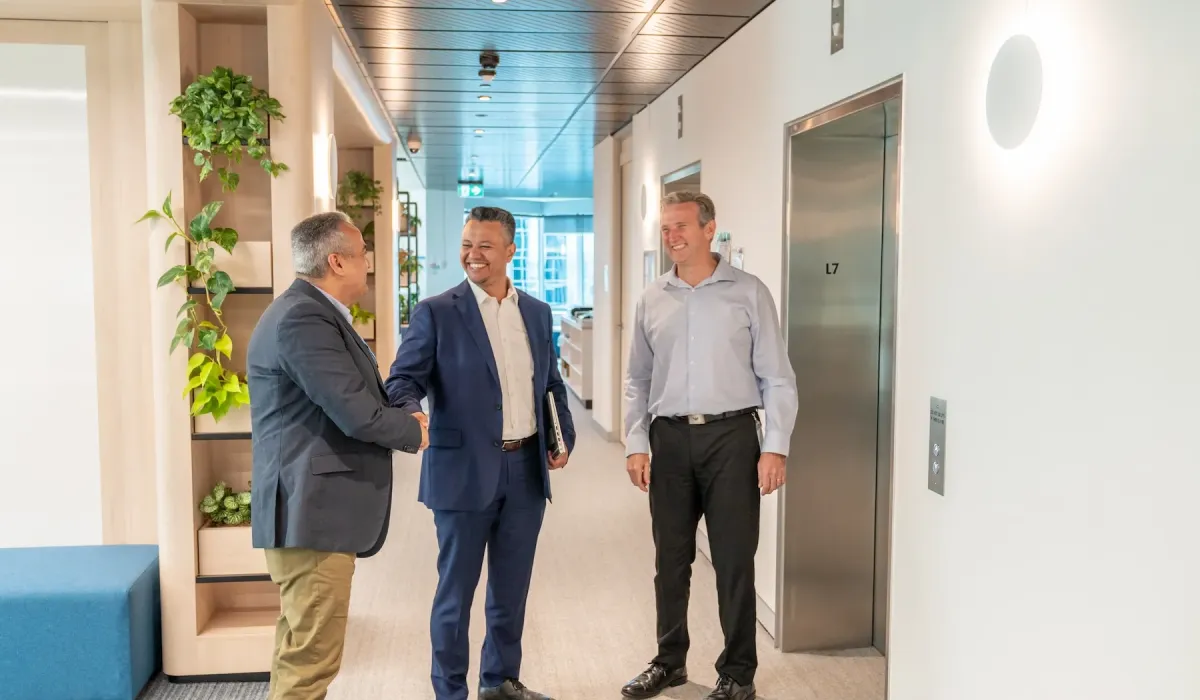
3 Steps for Leveraging Case Studies for your Tender Responses – Statement of Work Response
Leveraging Case Studies in Your Tender Proposals: The Key to Winning ICT Contracts
Many Sales Managers and Project Managers believe client relationships are not important post-sales. Unfortunately, post-sales is to implement or deliver the service you promised to your client. Therefore, post-sales you need to stay focused to deliver the intended outcome for your client because to win more tenders you will need Case studies and testimonials from your past clients. Tenders require more than just meeting technical specifications and delivering competitive pricing. For many ICT service providers, the tender response is often the first opportunity to showcase the ability to not only manage but also deliver a successful project. One of the most effective ways to do this is by leveraging case studies.
Case studies allow potential clients to see real-world examples of how your company has successfully delivered similar projects. They bring credibility to your proposal and help you stand out from the crowd. However, many service providers fail to fully utilise this powerful tool, which can doom their tender response from the outset.
Why Case Studies Are Critical to Tender Success
When clients evaluate tender responses, they are not just looking for someone who can complete the project—they are looking for someone who can manage risks, deliver on time, and stay within budget. Case studies provide a concrete way to demonstrate this.
1. Establish Credibility and Trust
A well-written case study is more than just a success story. It should highlight the challenges you faced, the solutions you provided, and the outcomes you achieved. This paints a picture of your company as a reliable partner who understands how to navigate project complexities. It’s not just about proving you can do the job, but that you’ve done it before—successfully.
2. Show Your Expertise in Action
Every project comes with its own set of challenges, and tender evaluators want to know that your team can handle whatever may arise. By detailing how your expertise has resolved real-world issues, your case studies serve as proof that you can deliver results under pressure.
3. Tailor to the Client’s Needs
Each tender response should be customised to the client’s specific requirements. This includes the case studies you select. If the tender is for Construction, Government, Supply Chain, Building Management and Healthcare ICT projects, include a case study that demonstrates your experience in that sector. This shows evaluators you not only understand their industry but also have the necessary experience to deliver results.
Have you been collecting case studies or testimonials from your client engagements?
If you need help give us a call. We can help you start collecting testimonials and strategies to implement them into your tender responses. This will give your new client confidence in your capacity and capability to deliver their project.
Best Practices for Incorporating Case Studies
To get the most out of your case studies in tender proposals, follow these best practices:
Be Specific, Not Vague
Avoid generic statements like “We improved operational efficiency.” Instead, provide details—how much did you improve efficiency? What tools or methods did you use? The more precise you are, the more compelling your case study becomes.
Focus on Results
Clients care about results. Highlight the tangible outcomes of your work—whether it was meeting tight deadlines, reducing costs, or enhancing system performance. Be sure to quantify these outcomes wherever possible.
Keep It Relevant
Ensure that the case studies you include are directly relevant to the tender. If your previous project was in a completely different industry or used outdated technology, it’s unlikely to resonate with the client.
Conclusion: Case Studies Are More Than Just Stories
When used correctly, case studies can significantly increase your chances of winning a tender. They help bridge the gap between what you say you can do and what you’ve actually done. For ICT service providers, it’s essential to leverage case studies to not only demonstrate your capabilities but also show that you can manage and deliver the project successfully.
At the end of the day, winning a tender is about more than ticking boxes—it’s about showing the client that you are the right partner for their project. And nothing does that better than a well-crafted, relevant case study.
By following these steps, your ICT business can significantly improve its tender success rate, enhancing your reputation as a leader in the industry. For more insights on how to stand out in competitive tender processes, feel free to explore our Blogs or contact us directly for personalised advice.
Recent Posts
- Why 70% of IT Projects Fail: A Brutal Honest Assessment
- 5 Critical Mistakes That Kill IT Tender Responses (And How to Avoid Them)
- The Hidden Costs of Losing Tenders: What IT Leaders Need to Know
- Communicating Project Progress Transparently with Clients
- Role of the Project Management Office (PMO) in Ensuring Project Success